In response to volunteers and followers requests we've started to put our collective knowledge in one place - the online Waste Not Hub.
Below you can find all manner of apps, places, businesses and initiatives that will help you reuse, refill, repair, recycle, and much more.
Further down you can find solutions to specific materials or waste streams from A to Z, from aluminium foil to wine bags and everything in between.
So explore your locally recommended options below, based on the principles of the waste hierarchy and the circular economy. If we've missed something, then let us know. Click here, fill out the form and add to the collective wisdom.
The waste hierarchy guides us on the order that we should prioritise different waste management actions based on their environmental impact. It gives top priority to waste prevention with disposal being the least preferred.
The main goal is to reduce the amount of waste sent to landfill and to maximise resource recovery, ensuring materials are valued and consistently kept in a circular loop, inherently attempting to reduce the demand of virgin materials.
See below for helpful and localised resources to help you embrace the Waste Hierarchy.
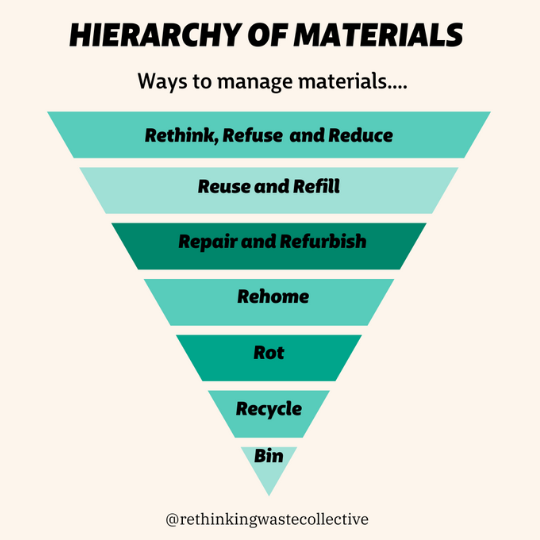
The easiest way to cut down on waste is to avoid it in the first place. So asking yourself “Do I really need ‘IT‘ at all?” is key. Identifying other avenues to obtain what you need besides buying it new is also important. Rethinking is also about seeing and appreciating the beauty and possibilities of “waste”: Heres a few place that enables us to see things for their value, before they ever become ‘waste’?
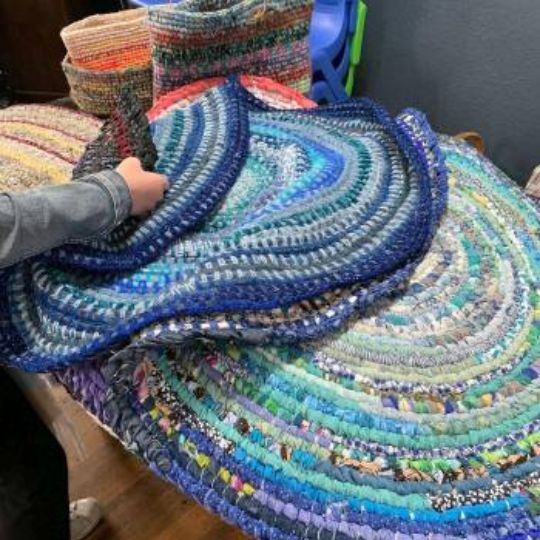
Minimise the amount of waste you generate, either by using fewer or less materials or eliminating a waste stream altogether. So refusing a straw because you dont need one, or refusing to buy food from overseas are examples of this. As with everything, there is a sliding scale on how much you do and where you can have the biggest impact. Single use plastic and organic waste are the big ones, heres just a few examples.
Inspiration to help you rethink or reduce your waste:
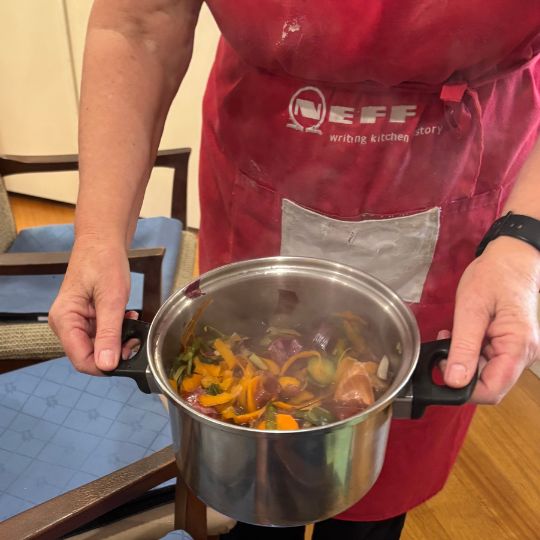
Choose products you can use many times, rather than single-use, this may include refilling, borrowing and returning. Initiatives that help you to reuse:
Local businesses that help you to reuse or refill:
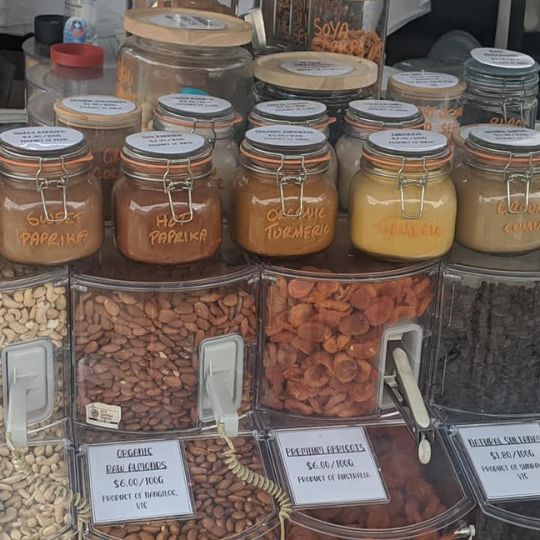
Often the ability to repair and mend relies on the quality of the item. So always buy the best quality you can afford so items last longer. Then extend the life of your items with these services:
Local businesses: Look for shoe repairers. tailors, alteration businesses, mechanics, engineers, jewellers….. theyre all in the business of fixing. In doing so you are often supporting local family businesses as well.
Or even build your own skills by learning how to mend:
Check your local library for upcoming workshops on sewing/repair/etc.
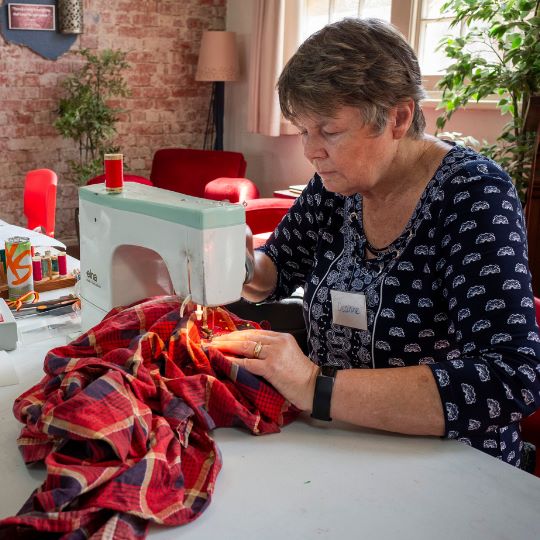
Learn how to refurbish and even upcycle with:
Local businesses: Look for upholsterers, furniture polishers, computer onsellers
Local initiatives:
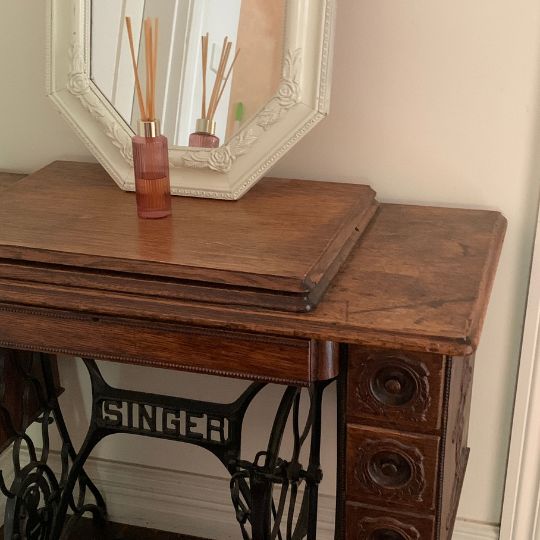
Physical places that help you rehome items you would like to either sell or donate to others:
MVS member’s favourite local op shops: Helping Hands Mission (Airport West), Brotherhood of St Lawrence (Moonee Ponds) and Christ Church Opportunity Shop (Essendon)
Platforms that help you to rehome:
Local businesses:

What about food waste? Where we can we should process our own food waste or look for local networks that offer that. Initiatives that could help:
Although our Council doesn’t subscribe to a community subsidy compost program, you can still access their resources on how to compost. We recommend Compost Community
You can also put food waste into your Green Kerbside Bin (Food Organic, Garden Organic FOGO).
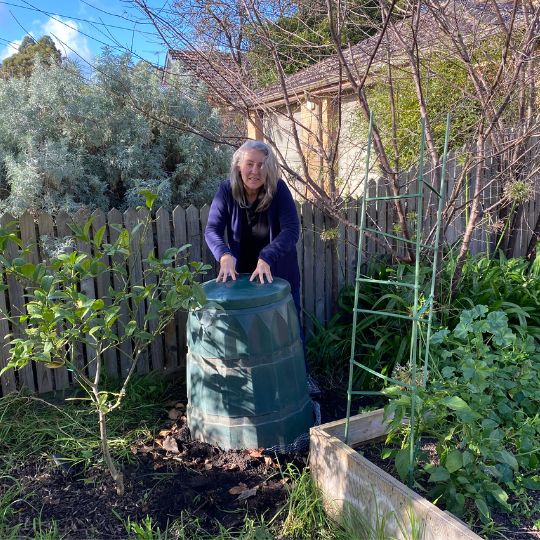
Recycling should be the last point of call. It is still one of the pathways to divert waste from landfill. General household items can be recycled in kerbside yellow bins and it is important to read the Council’s recycling guidelines and to not “wish cycle” in order to prevent bin contamination.
General “rules of thumb” for recycling:
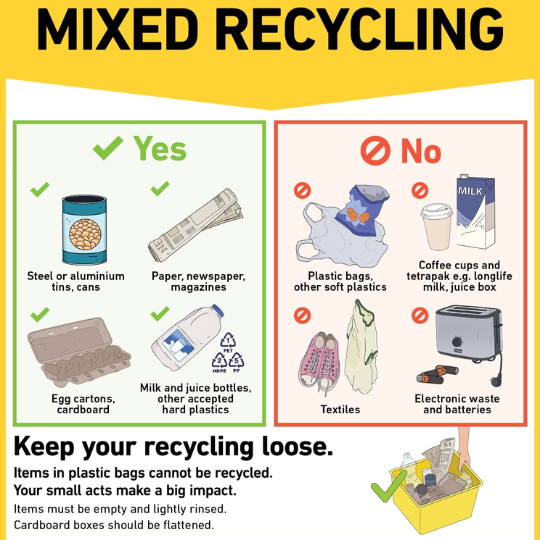
There are certain facilities and organisations who can help you recycle multiple specialist waste streams all at once. It is often useful to have a designated cupboard, shelf or area in your home to sort recyclables into small boxes (shoe boxes are great)/bags/jars so you can then organise to do a regular drop off of your recyclables all at once. Some of the services below operate as charged bag scheme
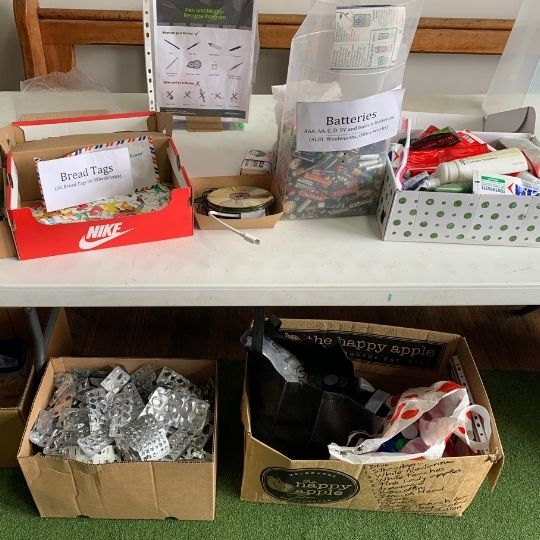
For localised knowledge, reference our A-Z recycling guide below.
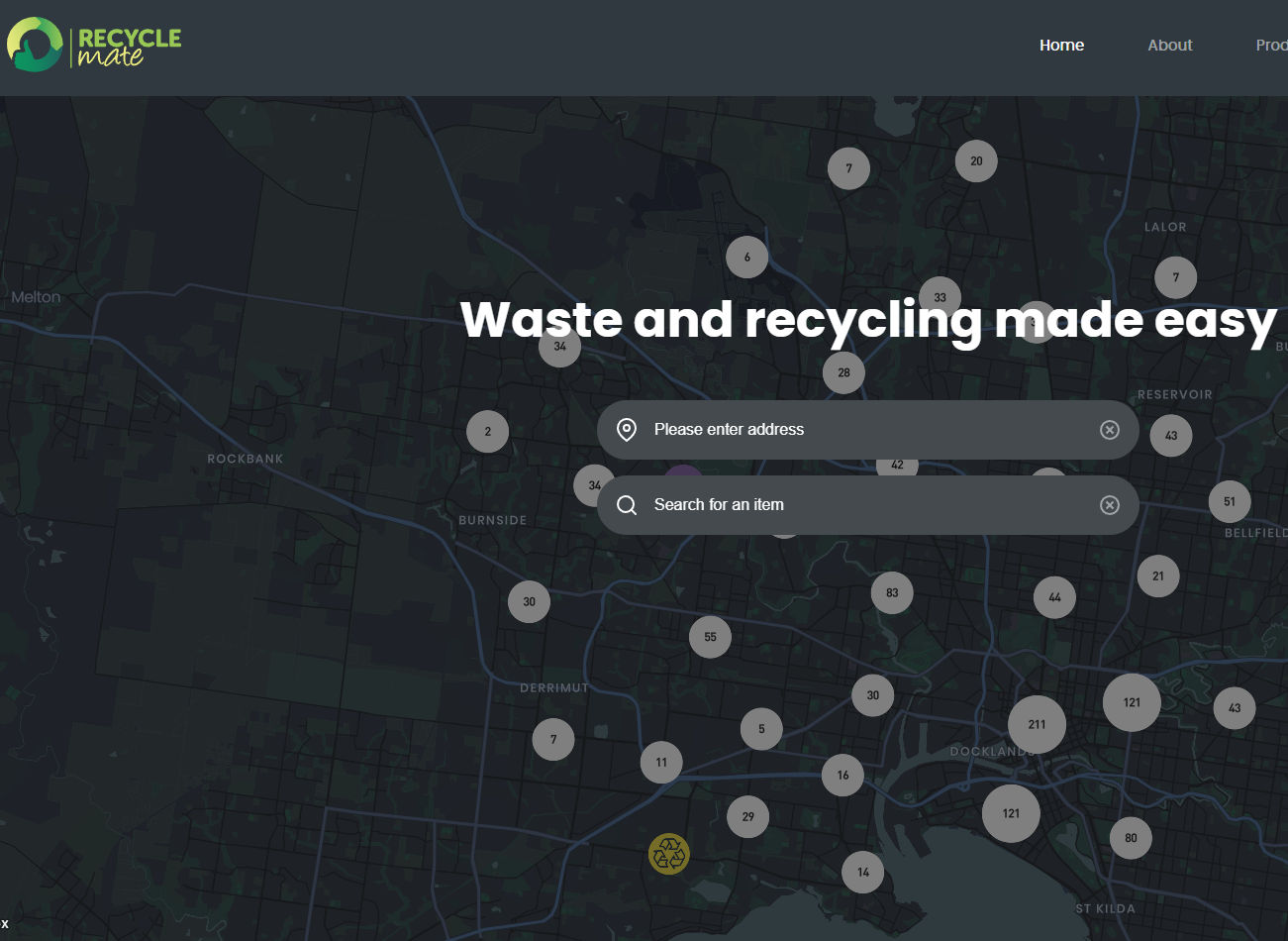
Recycling option
Clean your aluminium foil and trays of food residue. Roll up aluminium foil into a loose ball (approximately the size of a tennis ball). Place in your curbside recycling bin.
If food residues cannot be cleaned off properly, place in the landfill bin.
Alternative option
Reusable containers, silicon bowl covers and bees wax wraps.
Recycling option
Non-recyclable, landfill bin. Balloons and balloon accessories like plastic clips and ribbons, are not biodegradable and are significantly harmful to the environment and animals.
Sign Zoos Victoria’s Balloon Free Pledge to say no to balloons!
Alternative option
Opt for reusable decorations like fabric bunting, fruit bowls & pot plants for centre pieces, confetti made from leaves and share decorations with your family, friends, neighbours and on local Facebook swap groups.
Recycling option
Non-recyclable, landfill bin. Yes, even products labelled as “compostable” or “biodegradable”.
Alternative option
Reusable cutlery. Check out the Party Kit Network if you are hosting an event or visit your local Op Shop. If youre running a business or community event consider Green My Plate, B-Alternative or Returnr
Re-using is really the best option. With the elimination of single use plastic cutlery and rise of wooden alternatives, we have reduced one waste issue and created a much bigger one. Wooden cutlery is organic waste and emits methane when sent to landfill.
Recycling option
Banners and other promotional materials can be sent to Green Collect to be recycled or upcycled into other products.
Alternative option
You can extend the use of promotional materials by not using specific event titles and/or dates.
Recycling option
Never put batteries into kerbside bins! Batteries are the most common form of household hazardous waste. But the environmental impact of batteries is not limited to the waste stream. Environmental impacts occur in the production, distribution and end-of-life phases of the battery life cycle.
You can find a B-cycle drop off point at your local supermarket or the Moonee Valley Transfer Station.
Some Moonee Valley Libraries (Niddrie, Sam Merrifield & Avondale Heights) collect batteries (check your local library for what is accepted).
Alternative option
Use rechargeable batteries where possible.
Recycling option
There are a few places you can send your bike for recycling for parts – Brainwave Bikes and Dr Crankys Bikes
Alternative option
Its best to rehome bikes if possible. The two above organisations do taht, but you can also use facebook market place, facebook groups and gumtree. See other Rehome suggestions above.
Recycling option
Old bike tyres can be taken to Trek Bicycles (Essendon) on Keilor Road Niddrie which are collected by a local who collects them for re-purposing or recycling
Recycling option
Recycle through Green Collect.
Alternative option
Use the binders you already have before buying more and use a digital filing system.
Recycling option
Unwanted books can be donated to Op Shops and Little Free Libraries or sold on online marketplaces, but be mindful that large textbooks and Melways may not be desired.
The paper part of the book can be disposed of in household landfill or recycling bins, or at the Transfer Station.
The non-paper part of the book (e.g. hardcover, book protector etc) can be disposed of in the household landfill bin.
Alternative option
Borrow books from a local Library, street library or swap books with friends.
Recycling option
The plastic and aluminium components of medicine blister packs are recyclable.
Find a local drop-off with the Blooms The Chemist and Chemist Warehouse recycling program through Pharmacycle.
Recycling option
Free Terracycle collection programs:
Alternative option
Look for refillable options like Roving Refills and low-waste products like No Pong deoderant, Lush and Ethique.
Recycling option
Alternative option
Recycling option
Alternatively, clothing can be repaired at a local Repair Cafe. Good quality clothing can be donated to Op Shops and the MVS Waste Not Hub’s clothes swap. Clothes can also be sold on platforms like Facebook Marketplace or Depop.
Alternative option
Think before you buy!
Purchasing hierarchy:
Recycling option
Non-recyclable, landfill bin. Disposable coffee cups are not recyclable as they contain a plastic inner layer which is too difficult to separate from the paper cup during the recycling process.
Alternative option
Disposable coffee cups are so old-school, use a reusable cup! Keep a reusable coffee cup with you at all times or opt to dine in.
Recycling option
Not recycleable in kerbside with coffee inside – Coffee cause contamination in the recycling stream when placed in kerbside recycling bins. You can flick open aluminium pods, clean them and insert them into another larger aluminium container (ie drinks can) and put out for recycling. You can not do this with the plastic ones.
Several of the main manufacturers offer take back program such as Nespresso which has a map showing you were to take your empties.
Several brands can be recycled free through Terracycle
Alternative option
Use other ways to make coffee.
Recycling option
Corex recycling (Dandenong South drop off)
Alternative option
Reuse signage multiple times by omitting specific details (eg. dates), having signage with a QR code to a webpage where content can be updated online rather than physically, wipeable signage (whiteboards/blackboards), old cardboard boxes with paint and/or permanent marker
Eco Board products.
Recycling option
Recycle with ReCork with drop offs at local Dan Murphy’s stores. Accepts natural corks from wine and sparkling wine bottles whilst synthetic/plastic corks are currently not accepted and must go into the landfill bin.
Corks that are recycled by Save Our Soles who turn them into products such as anti-fatigue mats used in retail stores and restaurants.
Recycling option
Elastic or rubber bands are no recycleable. The best option is to save and reuse them.
Alternative option
You can bring them to the Waste Not Hub: where local makers and community members sort through and pick out the ones they need.
Each year, 250,000 tonnes of food is thrown out by Victoria households, enough wasted food to fill Melbourne’s Eureka Tower and equating to $2,200 worth of food per household (Sustainability Victoria).
For further information on food waste, visit our food waste page
Recycling option
Alternative option
Recycling option
Alternative option
Sell or give away your furniture:
Repair of Refurbish your furniture.
Recycling option
Recycling option
Alternative option
Glass jars can be reused for multiple purposes: storage vessels for food (sterilise beforehand) or other items, plant propagation jars, pen/paintbrush cups, candle holders, the list goes on!
Recycling option
Alternative option
Repair of Refurbish your furniture.
Recycling option
Alternative option
Rehome packaging by giving via Packshare, offer it on a community Facebook Group like the Essendon Good Karma Network or list it on Facebook Marketplace/Gumtree.
Recycling option
*Remember, shredded paper must be contained in an envelope so it can be properly recycled.
Alternative option
Save paper by using digital options, using scrap paper, using double-sided printing and avoid laminating.
Recycling option
Alternative option
Rehome:
Recycling option
Not recyclable. Put in landfill bin. Small amounts can be composted at home.
Alternative option
Fabric tea towels or “Dream cloths“.
Recycling option
Alternative option
Recycling option
The plastic and aluminium components of medicine blister packs are recyclable.
Find a local drop-off with the Blooms The Chemist and Chemist Warehouse recycling program through Pharmacycle.
Not recyclable, landfill bin.
Biodegradable bags should never go into your FOGO or compost bin.
St Columba’s College, Essendon recycles plastic bottle lids through their Precious Plastics program. They specifically look for plastic types 2 and 4 (see the recycling symbol on the underside of the lid) which is the type that milk and soft drink bottle lids are made from.
You can enquire about donating to the College by emailing roedera@columba.vic.edu.au or their General Enquiries form.
Or for soft drink bottles, leave the lid attached when you recycle it through the Container Deposit Scheme (plastic containers between 150ml – 3L, check for the 10c mark and eligible containers here). Donate your 10c to MVS!
Otherwise it must go to landfill (including meat trays)
Recycling option
All paper labels must be removed, and plastics must be clean and dry.
Alternative option
To reduce your plastic packaging use, consider shopping at bulkfoods stores like Graina, making your own snacks and contacting suppliers if you notice unnecessary amounts of plastic use.
NOTHING!